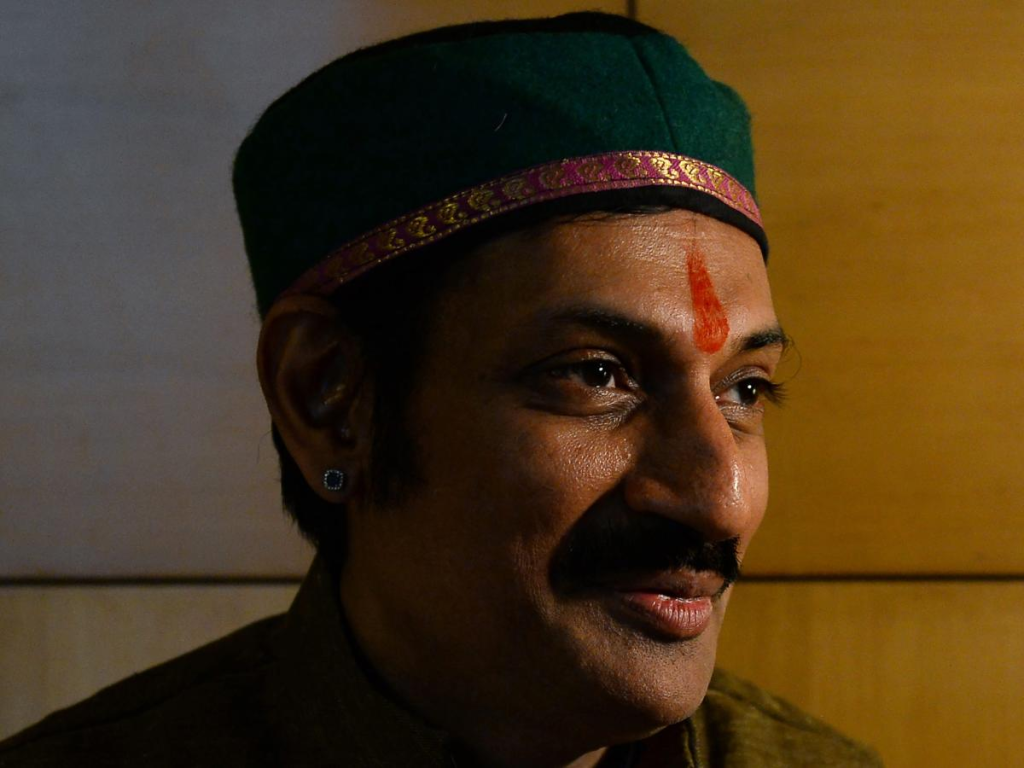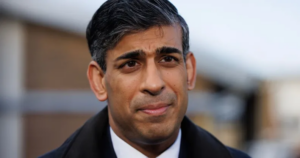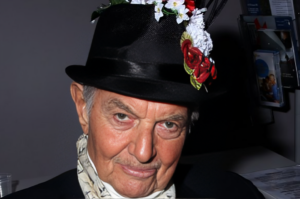Prince Manvendra Singh Gohil, India's first openly gay prince, has bravely come forward with a deeply personal revelation that sheds light on the harmful practice of conversion therapy. His account of his parents seeking medical intervention to “convert” him after he revealed his sexual orientation highlights the urgent need to address the discrimination and human rights violations associated with such practices. Prince Manvendra's story serves as a powerful call for awareness and action against conversion therapy in India and around the world.
A Humiliating Ordeal
Prince Manvendra Singh Gohil, the probable heir of the Maharaja of Rajpipla in Gujarat, India, recently shared his heart-wrenching experience in an interview with Sky News. He disclosed that his parents resorted to seeking medical treatment, including brain surgery and electroshock therapy, with the intention of changing his sexual orientation. This desperate attempt to force a conversion upon their son subjected him to humiliation, anguish, and psychological distress.

Human Rights Violation
The case of Prince Manvendra brings to light the severe violation of human rights that conversion therapy represents. Regardless of an individual's background, sexual orientation, or gender identity, the right to live free from discrimination, coercion, and harm is a fundamental human right. The ordeal he endured is a stark reminder that parents should never have the right to subject their children to such traumatic and degrading practices.
The Failure of Conversion Therapy
Prince Manvendra's account also highlights the failure of conversion therapy and its lack of scientific basis. Doctors in the United States, where his parents sought the so-called “treatment,” recognized that homosexuality is not a mental disorder. This refusal to comply with their request sends a clear message that attempts to change one's sexual orientation are not only unethical but also ineffective. Leading medical and psychological organizations worldwide have discredited conversion therapy, affirming that it poses significant mental health risks without achieving any change in sexual orientation.
A Call for Change
Prince Manvendra's courage in sharing his personal journey serves as a catalyst for change. His call for ending conversion therapy resonates not only in India but across the globe, where LGBTQ+ individuals continue to face discrimination and stigmatization. The Indian government, civil society organizations, and communities at large should seize this opportunity to raise awareness about the harmful effects of conversion therapy and advocate for its complete eradication.
Legislative and Societal Action
To address the issue comprehensively, legislative measures must be taken to ban conversion therapy, protecting individuals from potential harm. Additionally, there is a pressing need for comprehensive education and awareness campaigns to challenge societal misconceptions about sexual orientation and gender identity. Open conversations can foster understanding and acceptance, reducing the likelihood of families resorting to harmful practices out of ignorance or prejudice.
Prince Manvendra Singh Gohil's revelation about his parents' attempt to “convert” him shines a light on the dark corners of discrimination and human rights violations that still exist. His story underscores the importance of eradicating conversion therapy through legal measures, raising awareness, and fostering inclusive conversations. It's a reminder that every individual, regardless of their background, deserves respect, acceptance, and the freedom to live authentically without fear of retribution or harm.
Author
-

the world's first and only daily LGBTQ+ evening news show. This program features a variety of hosts and guests who discuss the latest news and events related to the LGBTQ+ community. Queer News Tonight covers topics ranging from politics and entertainment to health and social issues, providing a comprehensive look at what's happening in the LGBTQ+ world.























